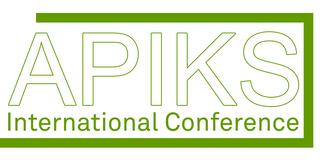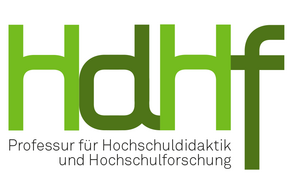Connected worldwide: International researchers present their research in our Higher Education Research Colloquium Series.
Professorship of Higher Education
News
Challenging Approaches to Academic Career-Making
Invitation to the Guest Talk by Dr. Celia Whitchurch.

Liudvika Leišytė appointed as ZEvA Accreditation Agency's Supervisory Board Member
The State University Rectors' Conference of Lower Saxony has appointed Prof. Liudvika Leišytė to ZEvA's highest supervisory body.
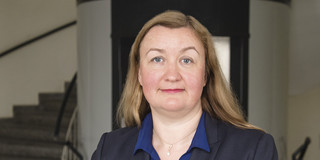
Exam review "Professional Organizations and Their Management" (Second Date)
Exam date: 2 April 2024 | Exam review date: 8 May 2024 (in presence in Dortmund)

Factors Influencing Expatriates' Adjustment
New article by Liudvika Leišytė & Anna-Lena Rose in the International Journal of Intercultural Relations.
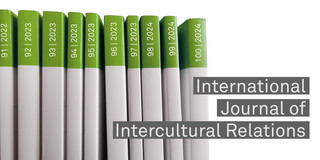
zhb Higher Education Research Colloquium
Invitation to the talks in the summer semester 2024.
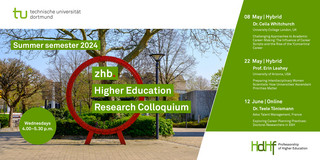
Exam review "Professional Organizations and Their Management" (Main Date)
Exam date: 16 February 2024 | Exam review date: 21 March 2024 (in presence in Dortmund)

Our Professorship Joined TU Dortmund Studium Oecologicum!
Our courses can now be credited for the studium oecologicum.

Managerial Control and Professional Autonomy of Academic Staff
Prof. Liudvika Leišytė will present latest project findings at the APIKS conference in Hiroshima, Japan.
